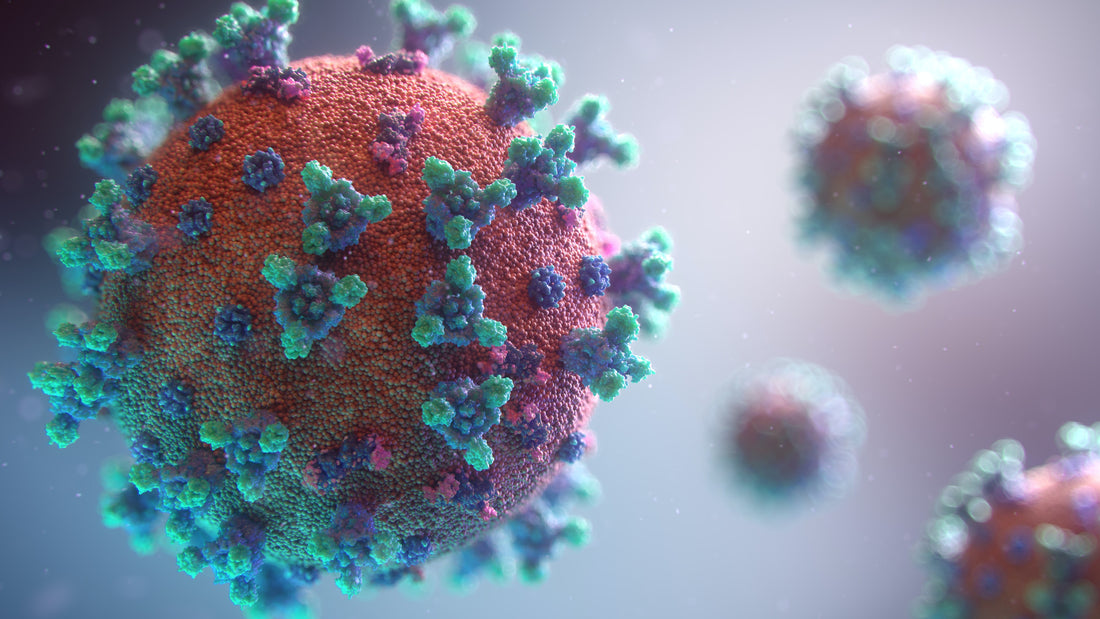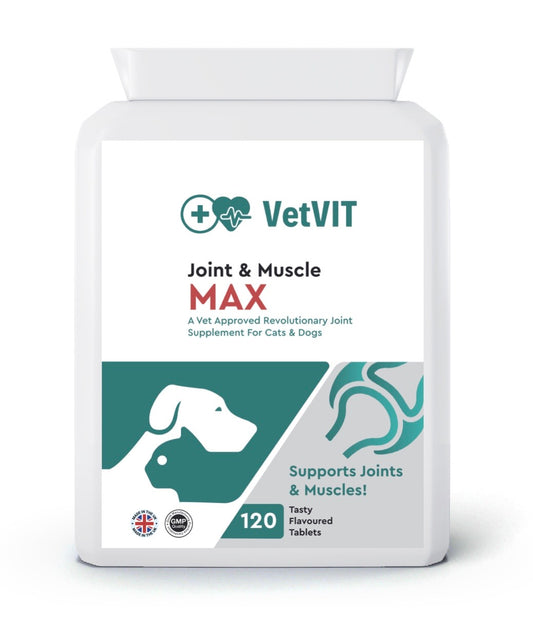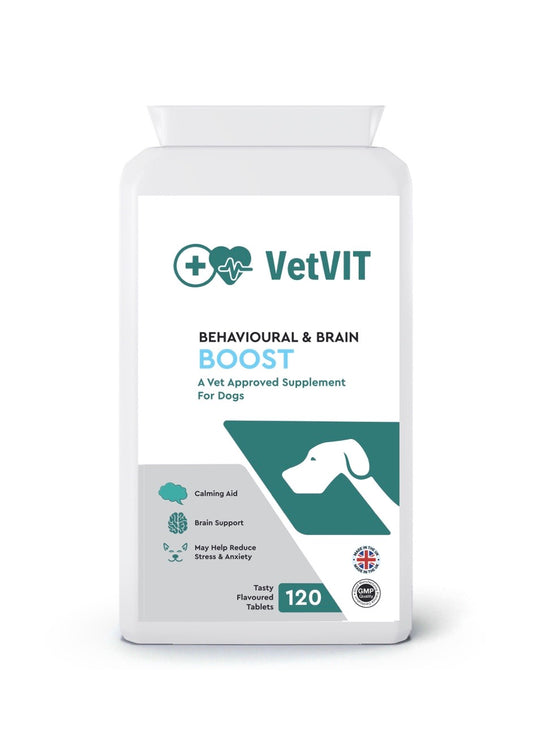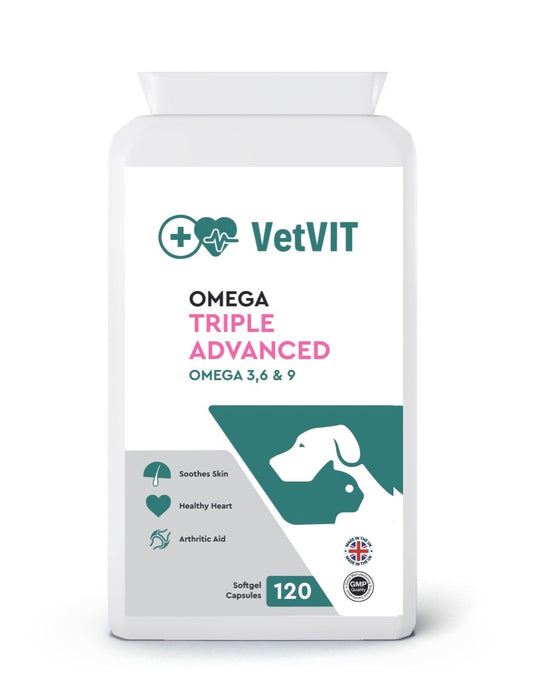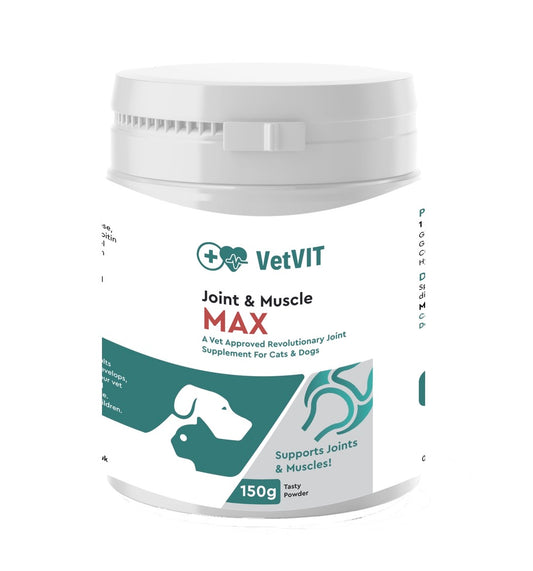Attention all dog owners! If there's one thing we can't stress enough, it's the importance of being aware of parvovirus in dogs. This highly contagious and potentially deadly disease is on the rise in the UK, causing concern among pet lovers. In this ultimate guide, we will delve into everything you need to know about parvovirus in dogs - from its different types and symptoms to treatment options and prevention strategies.
What is parvovirus infection in dogs?
Parvovirus in dogs, also known as canine parvovirus or simply "parvo," is a highly contagious viral infection that primarily affects puppies and unvaccinated dogs.
This virus primarily targets rapidly dividing cells in the body, such as those found in the intestinal lining. As a result, it causes severe gastrointestinal distress characterized by symptoms like vomiting, diarrhoea (often bloody), lethargy, loss of appetite, and dehydration. The virus can also attack other organs such as the heart muscle in very young puppies.
Parvovirus spreads through direct contact with infected faeces or contaminated surfaces like food bowls or bedding. It's important to note that this resilient virus can survive for months in the environment under favorable conditions.
Given its high contagion rate and potential fatality if left untreated, rapid diagnosis of parvo dog symptoms is crucial. Veterinary intervention plays an essential role in confirming the diagnosis and treating the illness.
Now that we have a basic understanding of what parvovirus is let's explore how to identify its first signs – because early detection could be a lifesaver for your furry companion!
What are the first signs of parvo?
What are the first signs of parvo? Recognizing the early symptoms of this deadly virus is crucial for timely intervention and treatment. Parvovirus in dogs can manifest differently depending on various factors such as age, breed, and overall health condition.
One of the most common initial signs of parvo is lethargy. If your dog suddenly becomes unusually tired or lacks energy, it might be a cause for concern. Another tell-tale sign is a sudden loss of appetite. Dogs with parvo often refuse to eat or drink due to severe nausea, regurgitation and vomiting.
Additionally, watch out for diarrhoea – particularly if it's bloody or has a strong odor. This can indicate intestinal damage caused by the virus attacking rapidly dividing cells in the body.
Other possible indicators include fever, dehydration, and abdominal pain. Your dog may also exhibit excessive drooling or have pale gums due to anemia resulting from internal blood loss from the intestinal lining.
Remember that these signs may vary in intensity and duration depending on each individual case. It's important not to delay seeking veterinary care if you suspect your dog may have contracted parvovirus.
All dogs are susceptiple to the disease, and unfortunatley in recent years, there has been a rise in cases of vaccinated puppies still contracting the disease.
How to treat parvovirus infection in dogs?
Treating parvovirus in dogs requires immediate and very intensive care to give them the best chance of recovery. The first step is to consult a veterinarian as soon as you suspect your dog has contracted the virus. They will perform some tests including blood and faecal tests to confirm the disease. The vet will likely recommend hospitalisation for supportive treatment, including intravenous fluids to prevent dehydration.
In addition to fluid therapy, medication will be prescribed to manage symptoms and fight off secondary bacterial infections that can occur due to a weakened immune system. Antibiotics are commonly used in these cases as well as anti-parastic medications for secondary parsitic infections. It's important for your dog to receive proper nutrition during this time, so the vet will liklely suggest feeding through a feeding tube with a special diet.
Isolation is crucial as parvovirus is highly contagious. Your infected will be kept away from other animals until they've fully recovered and cleared by the veterinarian. Regular disinfection of their living area with bleach solution will help kill any lingering virus particles.
While treatment options have improved over the years, it's worth noting that not all dogs survive parvovirus infection despite receiving prompt medical attention. This emphasizes the importance of prevention through vaccination and practicing good hygiene habits around susceptible dogs. By staying vigilant and taking necessary precautions, we can help reduce the spread of this devastating disease among our furry friends.
How to prevent parvovirus in dogs?
Prevention is key when it comes to protecting your furry friend from this devastating disease. Here are some important steps you can take to prevent parvovirus infection:
1. Vaccination: The most effective way to prevent parvovirus in dogs is through vaccination. Make sure your dog receives the proper vaccinations, including the parvo vaccine, as recommended by your veterinarian. In recent years vets are recommending a "parvo top-up" vaccine at 16 weeks of age as unfortunatley, there has been a rise in cases of vaccinated puppies still contracting the disease.
2. Avoid high-risk areas: Parvovirus can survive in the environment for months, so it's essential to avoid areas where infected dogs may have been, such as parks or doggy daycares. Stick to safe and clean environments for your pup.
3. Practice good hygiene: Proper hygiene plays a crucial role in preventing the spread of parvovirus. Clean up after your dog promptly and dispose of waste properly.
4. Limit contact with unknown dogs: Be cautious about allowing your dog to interact with unfamiliar animals, especially if their vaccination status is unknown.
5. Quarantine sick dogs: If you suspect that a dog has been exposed to parvovirus or showing symptoms, keep them isolated from other pets until they have fully recovered or received appropriate veterinary care.
6. Regular veterinary check-ups: Regular visits to the vet are vital for maintaining overall health and catching any potential issues early on, including monitoring for signs of parvovirus infection.
By following these preventive measures consistently, you'll significantly reduce the risk of your beloved canine companion contracting this dangerous virus.
Post care for parvovirus infection!
Post care for parvovirus infection!
Taking care of your dog after a bout with parvovirus is crucial to their recovery and overall well-being. Here are some important tips to follow:
1. Isolation: Keep your infected dog isolated from other animals until they have fully recovered and are no longer shedding the virus. This will help prevent the spread of the disease to other pets.
2. Veterinary guidance: Regular check-ups with your veterinarian during the recovery period are essential. They will monitor your dog's progress, provide necessary medications, and offer guidance on diet and exercise.
3. Probiotics: These are an important part of helping a dog recover from parvo. It is essential to include probiotics in the diet of a dog affected by parvo, as it helps strengthen their immune system as well as replenish the good gut bacteria lost during infection and treatment.
4. Hydration: Parvovirus can cause severe dehydration in dogs due to vomiting and diarrhea. Ensure that your dog has access to fresh water at all times, or you may need to administer electrolyte solutions recommended by your vet.
5. Nutritional support: Your vet may recommend a special bland diet for your recovering canine companion that is easy on their stomach while providing essential nutrients for healing.
6. Cleaning protocols: Thoroughly disinfect any areas or objects that came into contact with an infected dog's feces or vomit using a bleach solution (one part bleach to 30 parts water). This includes bedding, toys, bowls, and floors.
7. Vaccination schedule: Once your dog has fully recovered from parvovirus infection, it is vital to keep them up-to-date on vaccinations as recommended by your veterinarian. Regular vaccinations will help protect them from future infections.
Conclusion on parvo in dogs!
Parvo virus is an extremely dangerous illness that poses a significant threat to our furry friends. Recognising the early signs of parvo, seeking immediate veterinary care, and following post-care instructions can help improve the chances of a full recovery. Taking steps to prevent the spread of infection, like proper disinfection and vaccination, is also important. With plenty of love and care, your dog can recover and lead a healthy life.
Dr. Alan MRCVS

